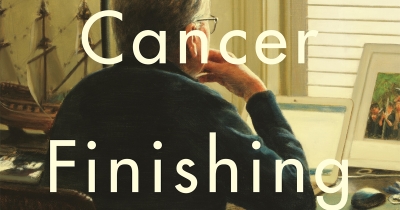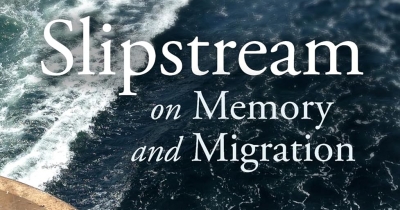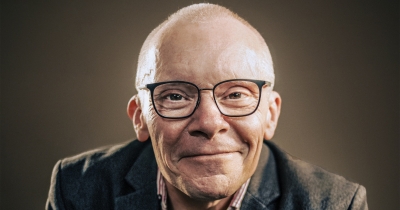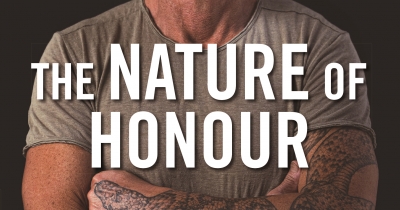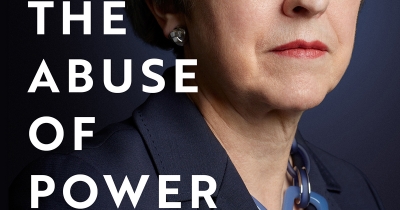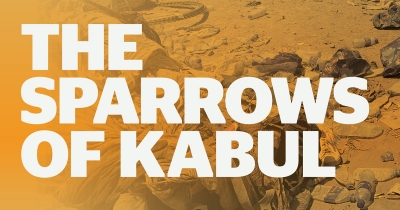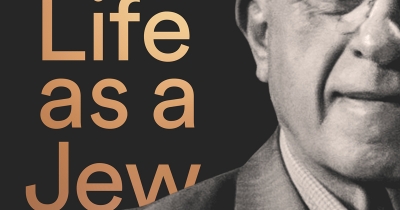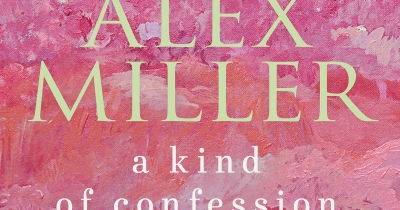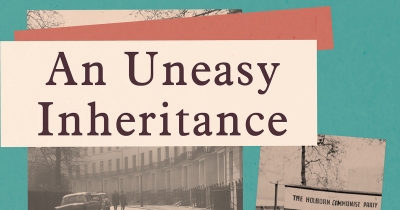Memoir
The Cancer Finishing School: Lessons in laughter, love and resilience by Peter Goldsworthy
by Michael Shmith •
A Memoir of My Former Self: A life in writing by Hilary Mantel, edited by Nicholas Pearson
by Frances Wilson •
The Nature of Honour: Son, duty-bound soldier, military lawyer, truth-teller, father by David McBride
by Kevin Foster •
The Abuse of Power: Confronting injustice in public life by Theresa May
by Gordon Pentland •
A Kind of Confession: The writer's private world by Alex Miller
by Brenda Walker •
An Uneasy Inheritance: My family and other radicals by Polly Toynbee
by James Antoniou •

